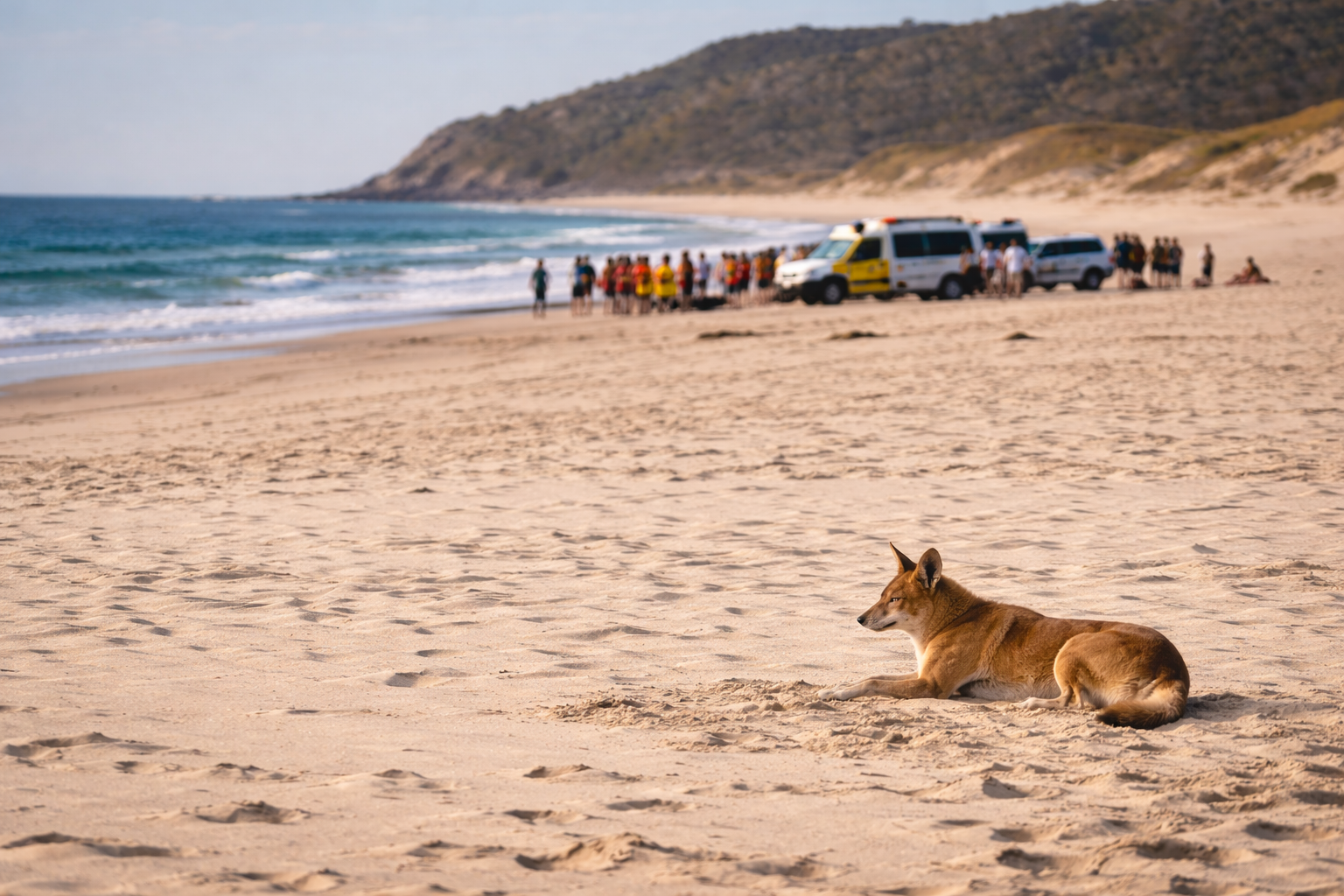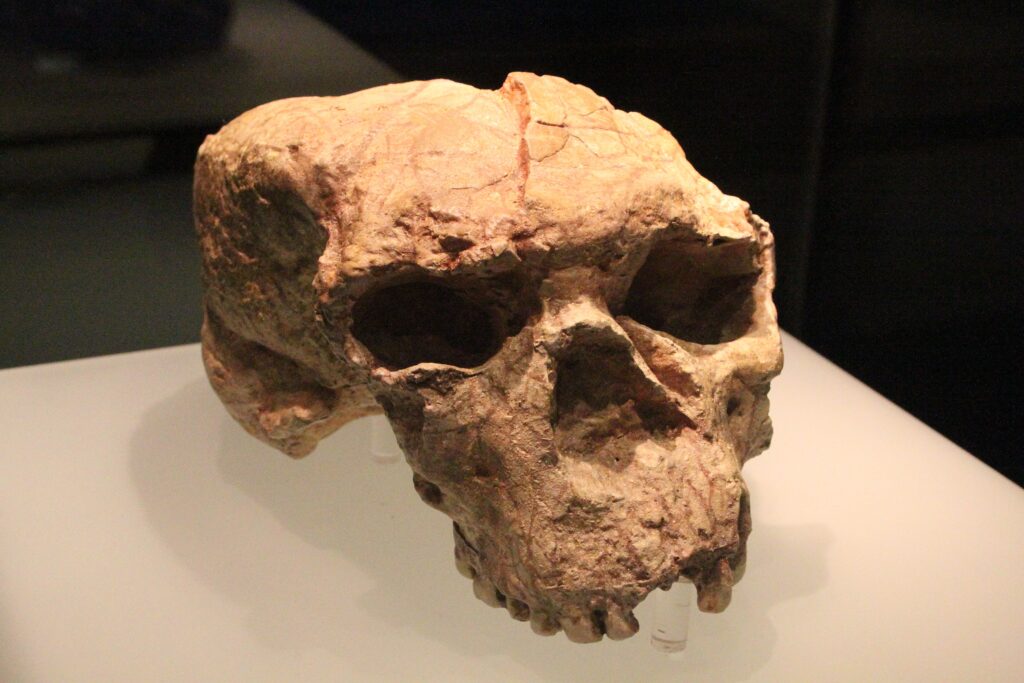Authorities investigate mysterious beachside death scene.

On Monday morning on K’gari Island in Queensland, Australia, the body of a 19-year-old Canadian woman was discovered on a beach surrounded by a pack of dingoes. Authorities arrived after two men driving along the shore spotted what appeared to be an unresponsive person encircled by wild dogs. Police and wildlife officials are conducting investigations into how she died, with questions about drowning, animal attack, and other possibilities all under consideration. The situation has drawn intense attention both locally and internationally.




